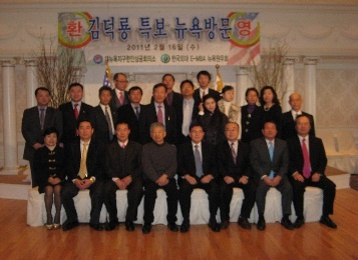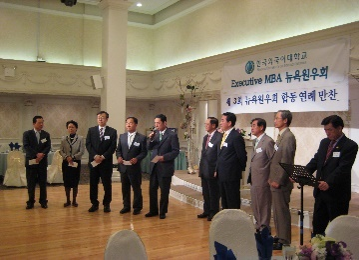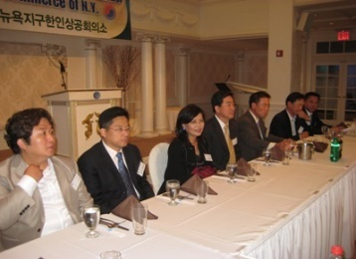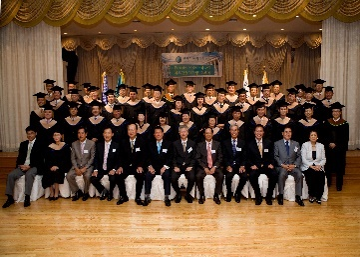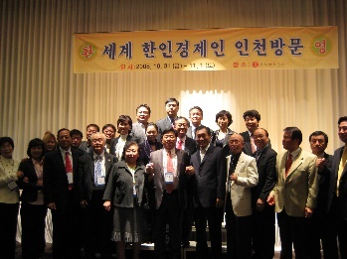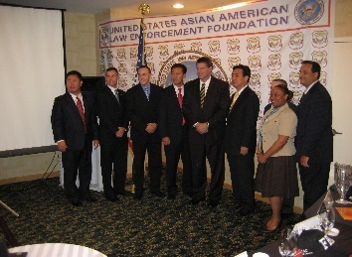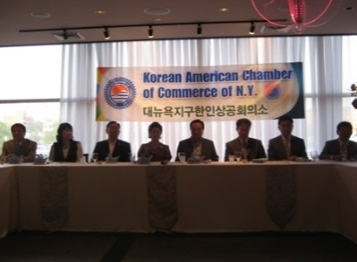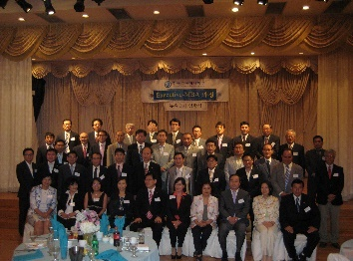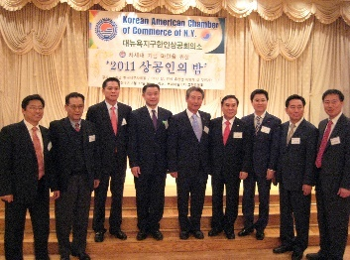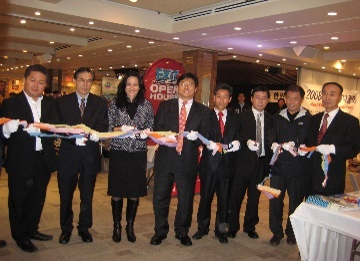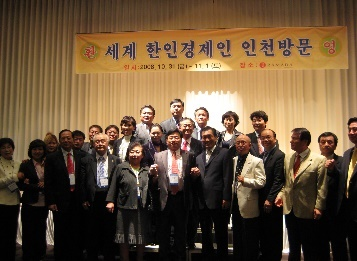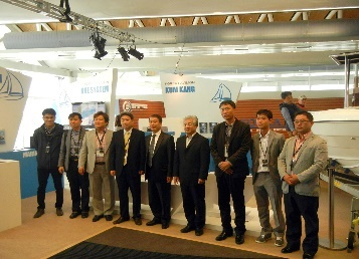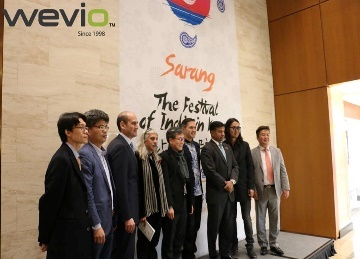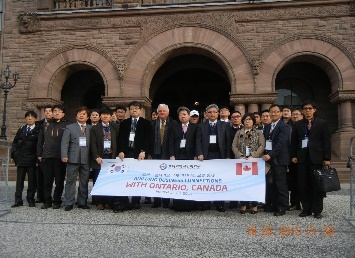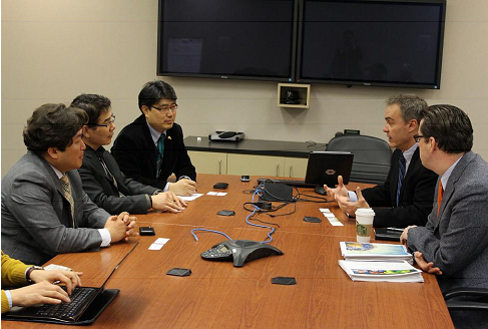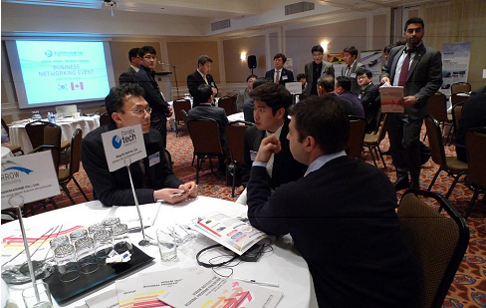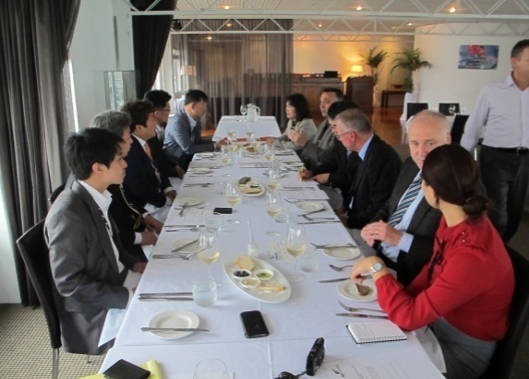LANGUAGE + CULTURE + BUSINESS = GLOBAL BUSINESS COMMUNICATION
Specialist in Multiculturalism & Global Business Development
Cross Cultural OverviewEven when using “the right words”, cultural miscommunication can lose you business.
- Working in a new culture or with a team from a culture other than your own can be nothing short of a series of small challenges.
- “Culture” is one of the most powerful determinants of human behavior and relations. Even when using “the right words” cultural miscommunication can lose you business.
- A lack of cultural understanding can lead to hurt feelings, lost sales accounts, and team dysfunction.
- Your message is shaped, influenced and even distorted by your own cultural profile as well as those you are communicating with.
- Business is always influenced by location, people, culture, language, communication, attitude and visions.
Wevio’s mission is to help you communicate more effectively across cultures, build international relationships and win global deals.
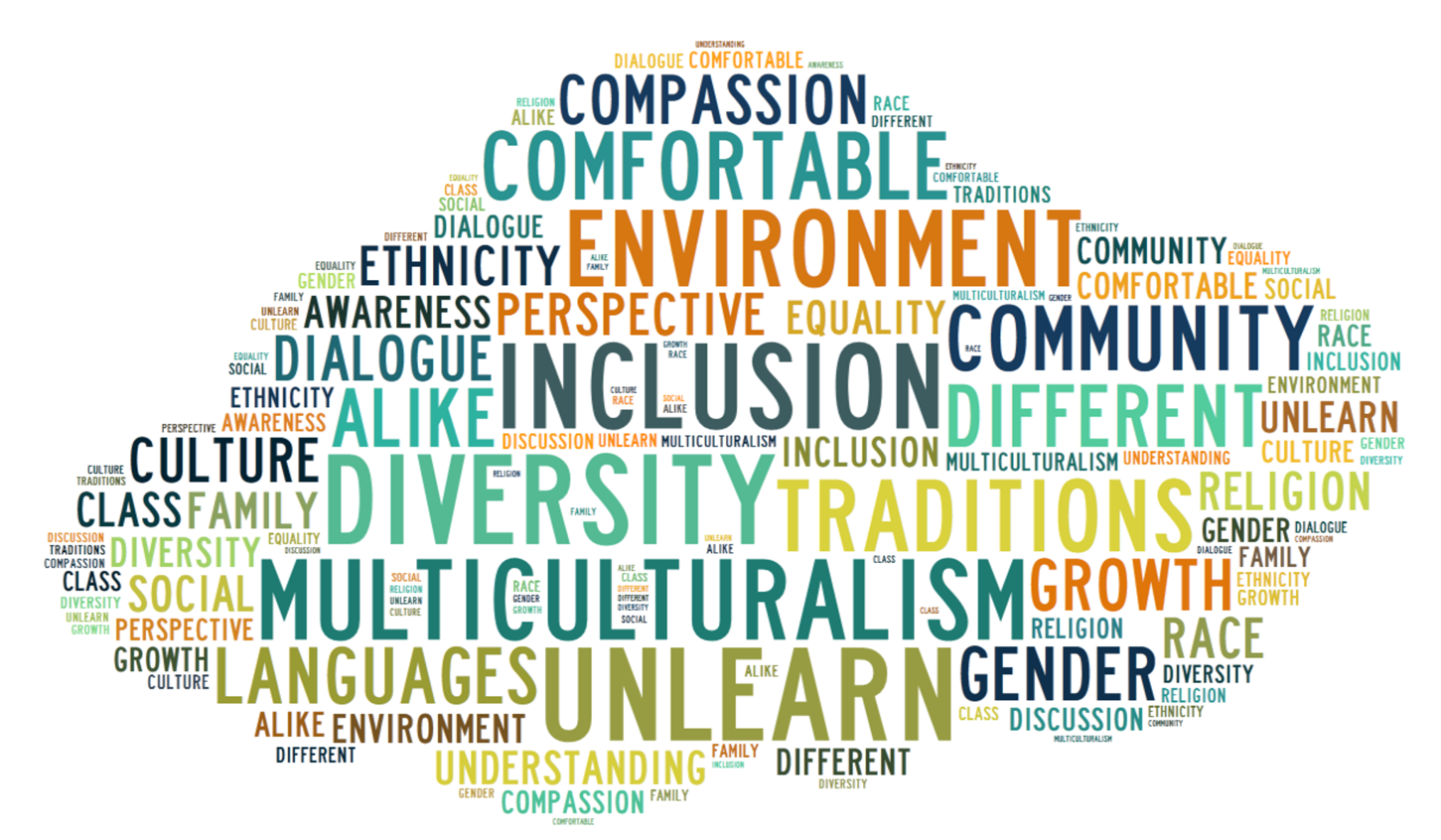
Cross Cultural DifferencesEven when using “the right words” cultural miscommunication can lose you business.
| WESTERN | EASTERN |
|---|---|
| Individualism | Collectivism/Group |
| Achievement | Modesty |
| Equality/Egalitarianism | Hierarchy |
| Winning | Collaboration/Harmony |
| Guilt (internal self-control) | Shame (external control) |
| Pride | Saving face |
| Respect for results | Respect for status/Ascription |
| Respect for competence | Respect for elders |
| Time is money | Time is life |
| Action/Doing | Being/Acceptance |
| Systematic/Mechanic | Humanistic |
| Tasks | Relationship/Loyalty |
| Informal | Formal |
| Directness/Assertiveness | Indirectness |
| Control | Past/Tradition |
| Specific/Linear | Fate |
| Verbal | Non-verbal |
What is Cultural Sensitivity?
- When doing international business, learning how unique social, legal, political and cultural factors affect business dynamics is essential.
- To be effective, one needs to have an open mind, great observation skills and most importantly, cultural sensitivity.
- Two things drive cultural sensitivity: empathy and objectivity.
- Having empathy for other cultures means you’re able to recognize and accept differences that manifest in social situations.
- Being objective means you don’t hold preconceptions about other cultures. Viewing your own culture as well as foreign cultures objectively is important because it allows you to recognize similarities and differences, and then respond with empathy.
Why
Cultural Sensitivity Affects BusinessAlthough cross-cultural companies who do business together usually have similar goals, the path toward achieving those goals can be wildly different.
Language and Communication : When two countries doing business speak different languages, communication is the most obvious barrier they face.
Etiquette : When you’re introduced to another business professional in the U.S., you shake hands. But in other cultures you might hug, bow, or kiss each other
on the cheek. Being aware of another culture’s etiquette is crucial because making a mistake with even a small gesture can offend someone.
Negotiation : In the U.S., coming to an agreement is a matter of yes or no. But in many other cultures, business negotiations aren’t so straightforward. For example, in Japan it’s considered rude to say “no,” so business professionals have to answer by guiding the conversation toward different options. This subtle cultural difference can have a huge impact on cross-cultural decision-making. International business professionals must understand the ins and outs of negotiating in other countries.
The Top Ways That Culture Can Affect International NegotiationsAlthough cross-cultural companies who do business together usually have similar goals, the path toward achieving those goals can be wildly different.
- Negotiating goal: Contract or relationship?
- Negotiating attitude: Win-Lose or Win-Win?
- Personal style: Informal or formal?
- Communication: Direct or indirect?
- Sensitivity to time: High or low?
- Emotionalism: High or low?
- Form of agreement: General or specific?
- Building an agreement: Bottom up or top down?
- Team organization: One leader or group consensus?
- Risk taking: High or low?
Cultural Sensitivity Training For Business
- In-depth cultural awareness and understanding of the impact of cultural differences
- The necessary foundation and tools to become culturally competent
- A better understanding of the cultural challenges facing multicultural workplaces
- The opportunity to enhance cultural sensitivity and competence
- Practical tools to reduce cross-cultural misunderstanding and encourage positive cross-cultural working relationships
Services
- Cultural awareness training, cultural values and attitudes (time, space, group dynamics, authority, tasks, relationships) training
- Communication styles
- Cross-cultural management skills
- Working together across cultures
- Solving language issues
- Tips and strategies for specific countries
- Setup of cultural events
- Cross culture negotiations
- International business entry tips and strategy
- Brand promotion training for overseas markets
- Content and online marketing process development
- Industry-specific training for various countries
- Case studies
Wevio’s Business Experience
with Different Cultures
| Continents | Countries |
|---|---|
| Africa | Nigeria, Egypt, South Africa |
| Asia | India, China, Bangladesh, Qatar, Saudi Arabia, Indonesia, Thailand, Vietnam, Sri Lanka,South Korea, Taiwan, Philippines, Indonesia,Singapore, Hong Kong, Lebanon, Russia |
| Americas | United States, Canada, Mexico, Brazil |
| Europe | UK, Switzerland, Italy, Germany, Netherlands, France, Czech Rep, Georgia |
| Oceana | Australia, New Zealand |
PortfolioSince 1998, Wevio has worked with many organizations and associations for cross cultural global business development:
Global Public Relations: Wevio’s Global Networking Partners
Global Cooperation & Delegations
Cultural Training & Seminars

Wevio specializes in the following areas to overcome cultural factors, including those effecting global business development
- Analysis of the cultural factors affecting business
- General cross-cultural trainings
- Relations with customers, suppliers and associates
- Action plans to meet the challenges and opportunities of cultural factors.
- Acquisition of new skills in cross cultural competence
- Country or region-specific seminars
- Audience expectations around the world
- Convergence and divergence in world business trends



